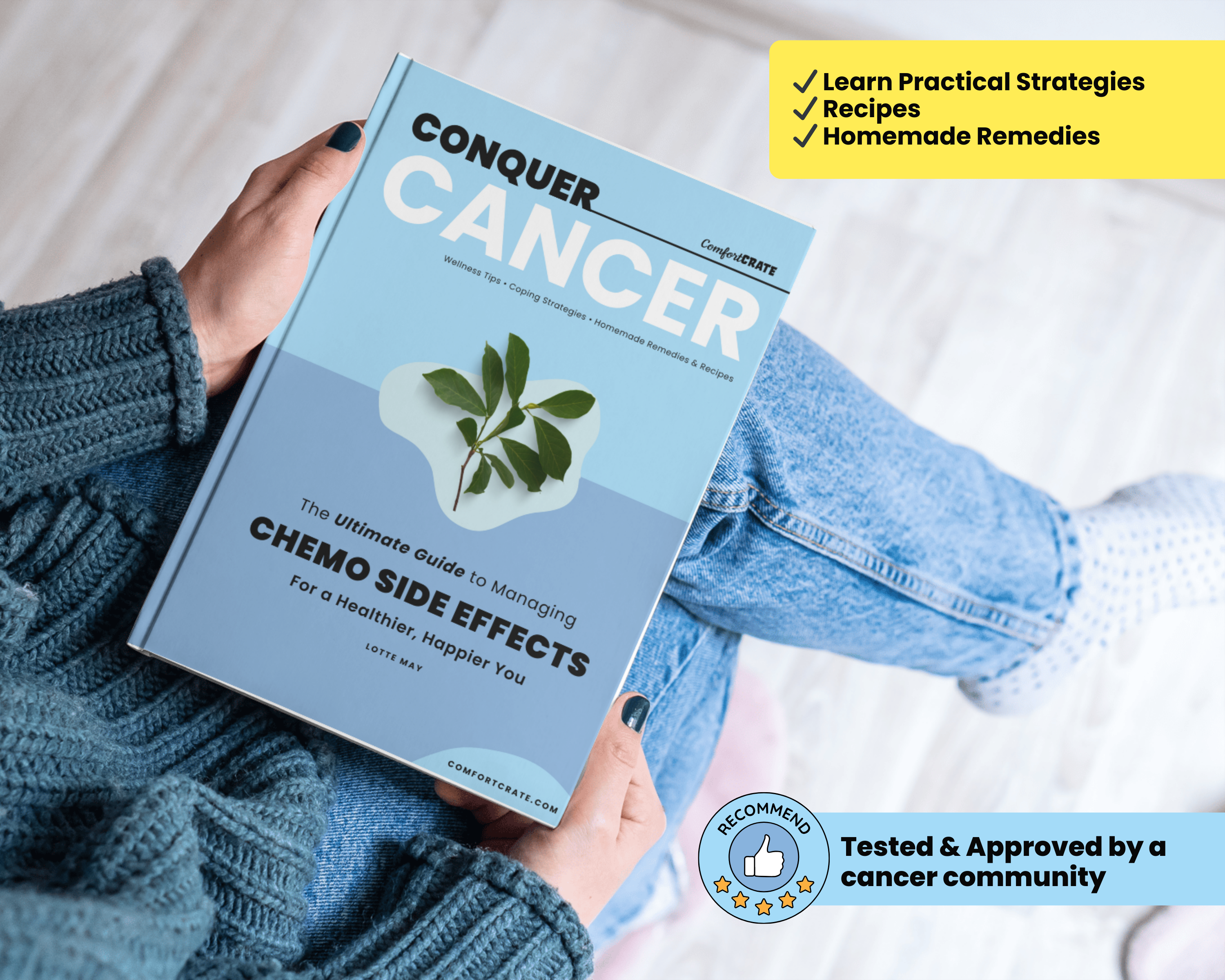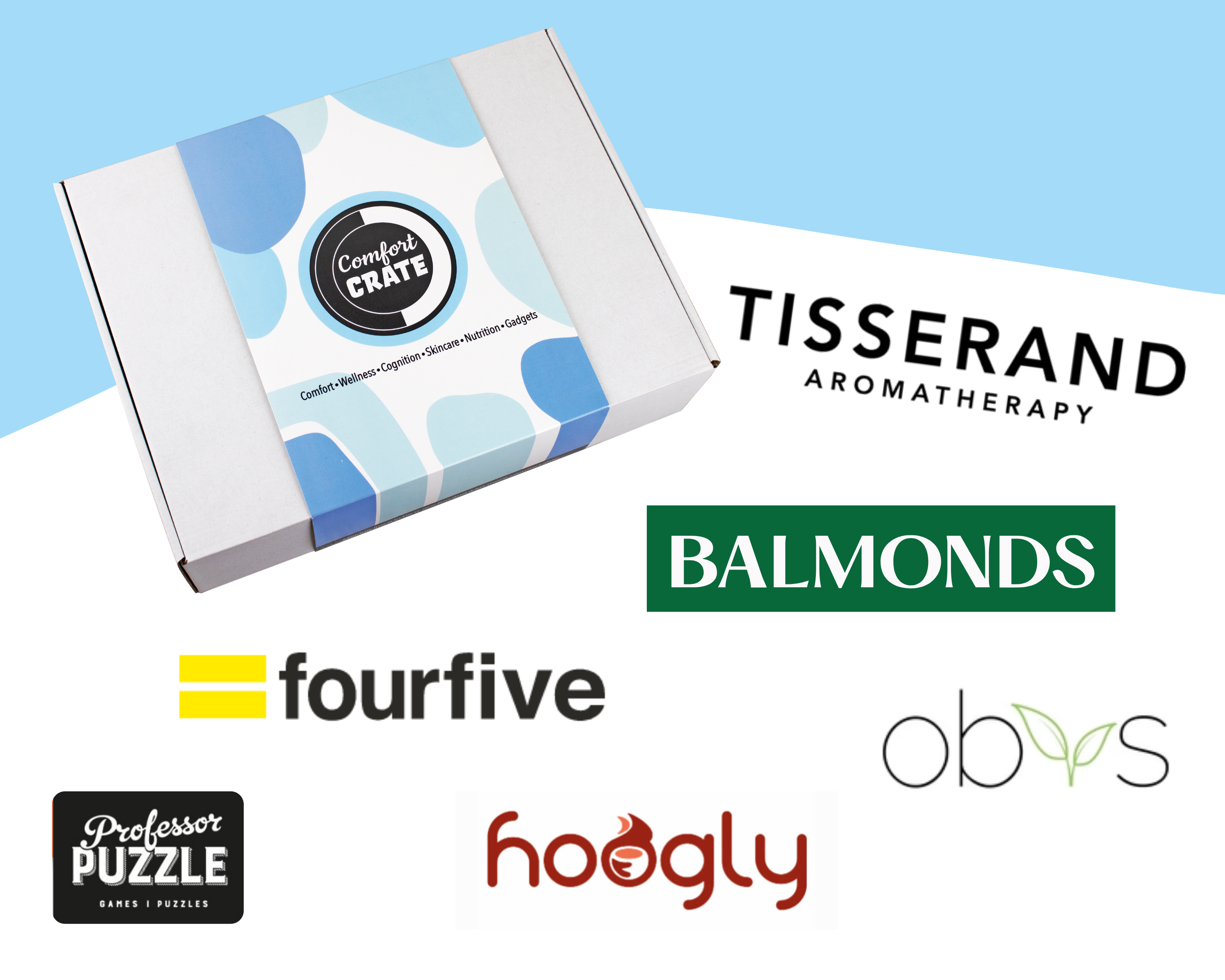
The causes of chemo fatigue and how to resolve it quickly
Table of Contents
What is fatigue?
What causes fatigue?
Fatigue Symptoms of Cancer
How to overcome cancer fatigue
What is fatigue?
Cancer-related fatigue is a feeling of over-tiredness, weakness, or exhaustion. When you feel fatigued, you do not feel refreshed after you rest or sleep, which makes it challenging to wake up in the morning, go to work, do your usual activities, or even just get through your day.
What causes fatigue?
Fatigue during chemotherapy and radiotherapy is a common side effect experienced by cancer patients. It is often attributed to the body's response to aggressive cancer treatment. Chemotherapy-induced fatigue occurs as the treatment affects healthy cells along with cancerous ones, leading to decreased energy levels and an overall sense of weakness. Similarly, radiotherapy can cause fatigue, particularly in the treatment area, as the high-energy radiation aimed at destroying cancer cells can also impact surrounding healthy tissues. This energy loss is further increased by the body's effort to repair the damage caused by these treatments. This leads to an increased need for rest and recovery. Managing fatigue during cancer treatment is crucial, as it significantly impacts patients' quality of life and ability to cope with cancer therapy challenges.
Fatigue Symptoms of Cancer
- Lack of energy: Even with minimal physical activity, energy levels drop, making even the simplest tasks seem impossible.
- Feeling run down: You're always drained, no matter how much you do.
- Sleep disruptions: Sleep disruptions like insomnia and erratic sleep patterns can leave you feeling tired.
- Feeling tired all the time: You may find it challenging to get started in the morning.
- Mental Health: Fatigue often comes with feelings of anxiety, loneliness, or depression.
- Muscle weakness: Walking short distances or ascending stairs becomes difficult.
- Breathlessness in routine tasks: Engaging in everyday activities such as showering or tidying up leads to unexpected shortness of breath.
- Concentration difficulties: Focusing on simple leisure activities or conversations requires more effort than usual.
- Cognitive fog: It's hard to think clearly or make quick decisions.
- Loss of enthusiasm: Engaging in previously enjoyable activities no longer holds the same appeal.
- Changing attitude towards oneself: A negative self-view and outlook on others.
How to overcome cancer fatigue
1. Drink Plenty of Water
Dehydration is a common side effect of cancer treatment due to side effects like fever, vomiting, diarrhoea or excessive urination. As dehydration occurs, your blood pressure drops, leading to poor circulation and reduced blood flow to your brain. This causes sleepiness and increases chemo brain side effects.
2. Eating Habits
Avoid skipping meals. To help with this, eat regular meals and healthy snacks every 3 to 4 hours, rather than a large meal. Eat an afternoon or morning snack, such as a handful of almonds, if energy levels dip.
3. Get Moving
A 15-minute walk can boost your energy, and the benefits increase with more frequent physical activity.
4. Sleep Well
Sleeping and waking up at the same time every day can boost alertness, memory and help you gradually wake up easier. Try aromatherapy, music or relaxation techniques if you find it difficult to sleep.
5. Rest Well
Take short naps or rest breaks (30 minutes or less). Too much rest can lower your energy level and make it difficult to sleep at night.
6. Reduce Stress
Stress uses up energy! Try deep breathing to improve your energy.
7. Cut out caffeine
Gradually stop drinking all caffeine drinks over a 3-week period. Replace coffee with herbal teas and smoothies.
8. Plan Ahead
Prioritise tasks daily and take breaks, ensuring not to overexert yourself.
For additional strategies to combat fatigue and improve well-being, explore our YouTube channel.









Leave a comment
This site is protected by hCaptcha and the hCaptcha Privacy Policy and Terms of Service apply.